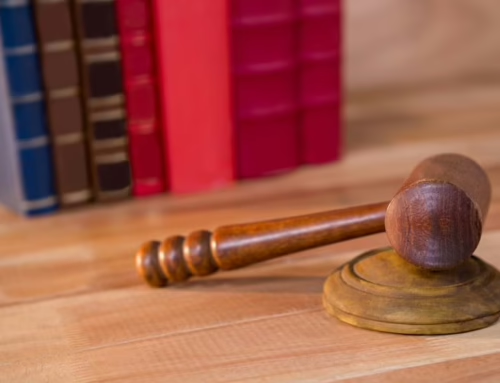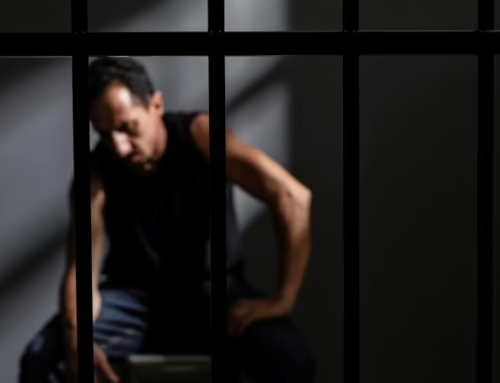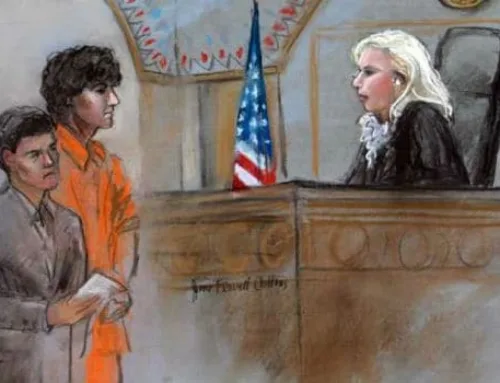Washington’s criminal laws say you commit the crime of malicious mischief in the first degree in certain situations when you maliciously damage property. The crime is a felony offense (as opposed to a misdemeanor) that is punishable by up to ten years in state prison. Please contact a skilled criminal defense attorney now if you are facing any type of charge involving property damage.
What is Malicious Mischief in the First Degree Under Washington Law?
RCW 9A.48.070 is the Washington statute that sets forth the crime of malicious mischief in the first degree. According to this law, you commit a crime if you knowingly and maliciously do any of the following:
- Cause physical damage to the property of another in an amount exceeding five thousand dollars,
- Cause an interruption or impairment of service rendered to the public by physically damaging or tampering with an emergency vehicle or property of the state, a political subdivision thereof, or a public utility or mode of public transportation, power, or communication,
- Cause an impairment of the safety, efficiency, or operation of an aircraft by physically damaging or tampering with the aircraft or aircraft equipment, fuel, lubricant, or parts, or
- Cause an interruption or impairment of service rendered to the public by, without lawful authority, physically damaging, destroying, or removing an official ballot deposit box or ballot drop box or, without lawful authority, damaging, destroying, removing, or tampering with the contents thereof.
For purposes of this statute, “malice” is defined as an evil intent, wish, or design to vex, annoy, or injure another person. It can include ill-will, hatred, or a total disregard for another person’s well-being.
What are the Penalties?
Malicious mischief in the first degree is a Class B felony. The crime is punishable by:
- Custody in state prison for up to 10 years, and/or
- A maximum fine of $20,000.
Can a Defendant Raise a Legal Defense?
Yes. You have the right to challenge a malicious mischief in the first degree charge with a legal defense. A common defense is to show that you did not act with malice, or did not knowingly damage the property in question. Maybe, for example, you damaged something on accident. Here, you would not have the specific intent necessary for a conviction of this crime.
Further, RCW 9A.48.070 lists several specific pieces of property (for example, an aircraft or ballot box) that triggers a charge of malicious mischief. Therefore, your criminal defense lawyer can try to contest a charge by showing that you did not damage the type of property that is listed under the statute.
Contact Black & Askerov for Help
While a defendant can raise a legal defense to challenge a malicious mischief charge, it will take a skilled criminal defense attorney to raise the best defense. The experienced criminal defense attorneys at Black & Askerov have over 30 years of combined experience defending clients on a wide variety of property damage charges. Our Seattle criminal defense lawyers also have the skill and commitment that makes all the difference in these cases. Contact us now to get the legal help you deserve!
* Main image at top by kjpargeter on Freepik






